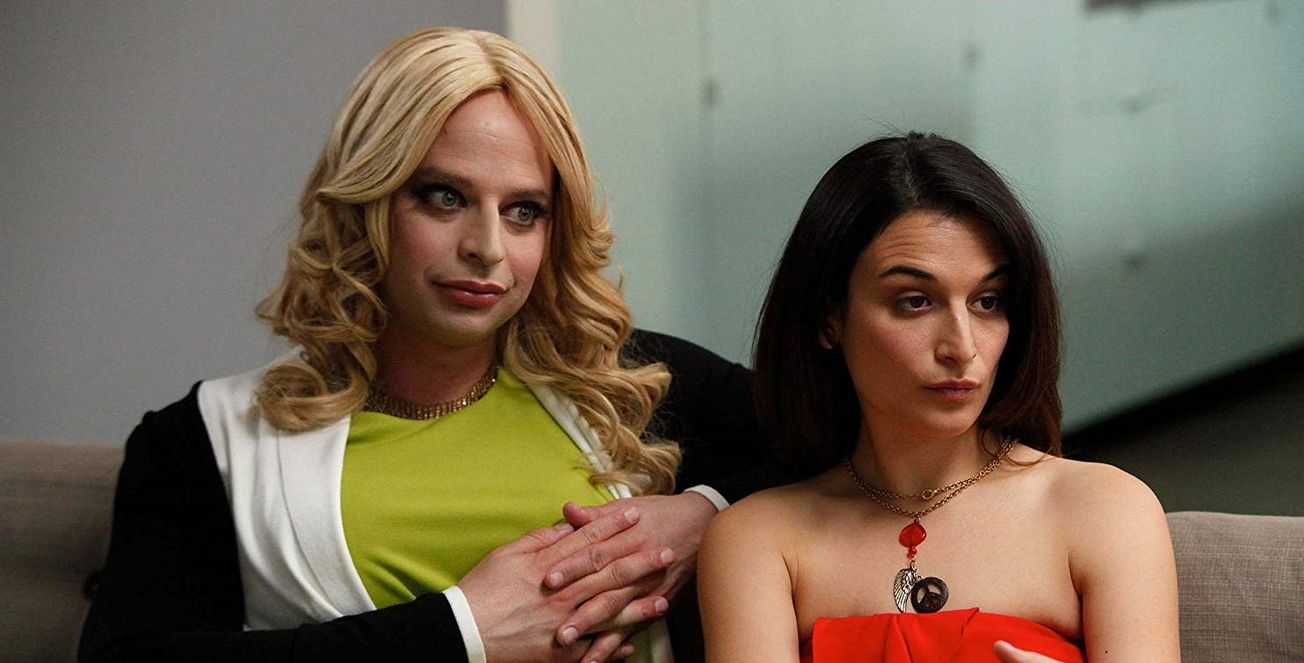By Vilhelmiina Haavisto, SciTech Editor
Though not all Netflix comedy specials are created equal, their mass appeal is undeniable. They can quickly grow a comedian’s following and viewers need not worry about buying tickets or travelling far and wide to see their favourite performers. Instead, a Netflix subscription is all that is needed to enjoy stand-up from home, when an hour of laughs might be just what we need after a long day.
Flouncing confidently onto the Gramercy Theatre stage in New York City to the groovy tune of Robyn’s ‘Missing U’, Jenny Slate shows no obvious symptoms of the stage fright that lends its name to the special. She immediately projects an air of animated confidence and genuine excitement to be in the theatre. It isn’t until later that we learn that stage fright is an ailment that Slate experiences very intensely, and has, among other measures, tried to have cured by a hypnotist.
I made a comedy special for @NetflixIsAJoke! It’s called STAGE FRIGHT, out 10/22. Here’s the trailer! Tell your friends! ❤️❤️❤️❤️❤️ pic.twitter.com/GPcsuzlewh
— jenny slate (@jennyslate) October 7, 2019
Slate is a seasoned comedian; this is evident in the variety of topics that her material covers, from a hilariously table-turning, patronising look at American football to how she, a Jewish woman, thought Catholic midnight mass would go down. Her versatile vocal abilities, central to previous works including Big Mouth (2017 –) and her own viral online short Marcel the Shell (2010), are given the spotlight too. Impressions of her grandmothers, ghosts from her haunted childhood home and herself dealing with authority figures all feature in the set, much to the audience’s delight.
Throughout the special, Slate rallies the audience around her, leaving viewers of Stage Fright feeling far from lonely
The best parts of Stage Fright (2019), though, are the segments of Slate at home with her family that intersperse the stand-up; this is where the direction of Gillian Robespierre, a frequent collaborator of Slate’s - The Obvious Child (2014) and Landline (2017), differentiates Stage Fright from many of its contemporaries. These scenes not only confirm that Slate’s impressions of her grandmothers are spot-on, but also act as heartwarming vignettes into her life at home.
Though they contrast, sometimes very starkly, with her stand-up material, together these two elements of the special put Slate’s jokes into context and develop the crucial understanding between audience and performer. Viewers less familiar with Slate’s boisterous style may find parts of the set jarring at first, but nevertheless, her jokes land and she never loses the audience’s attention. The frequent shifts between energetic stage and calmer home personas also regulate the overall pace nicely.

After an intimate story about the Moon that is too outrageous to spoil, the final scene of Stage Fright does not disappoint. A blanket-clad Slate sways and spins along to ‘Ghost Town’ by Ray Conniff and Don Cherry as though the camera isn’t there at all, lit by the warm glow of an old-timey jukebox’s lights in her childhood home. Stylistically similar, yet softer and more personal than the Robyn-scored opening, this perfectly ties up the special as overlaid credits begin to roll.
Viewers less familiar with Slate’s boisterous style may find parts of the set jarring at first, but nevertheless, her jokes land and she never loses the audience’s attention
Interestingly, both the opening and closing songs are about lost love. Loneliness and being alone are major themes of the special, though Slate navigates them with humour and vulnerability that place these deeply human concerns about life and love right out in the open. Throughout the special, Slate rallies the audience around her, leaving viewers of Stage Fright feeling far from lonely.
Featured: IMDb / Kroll Show
Do you like watching your favourite comedians from the comfort of your own home?








